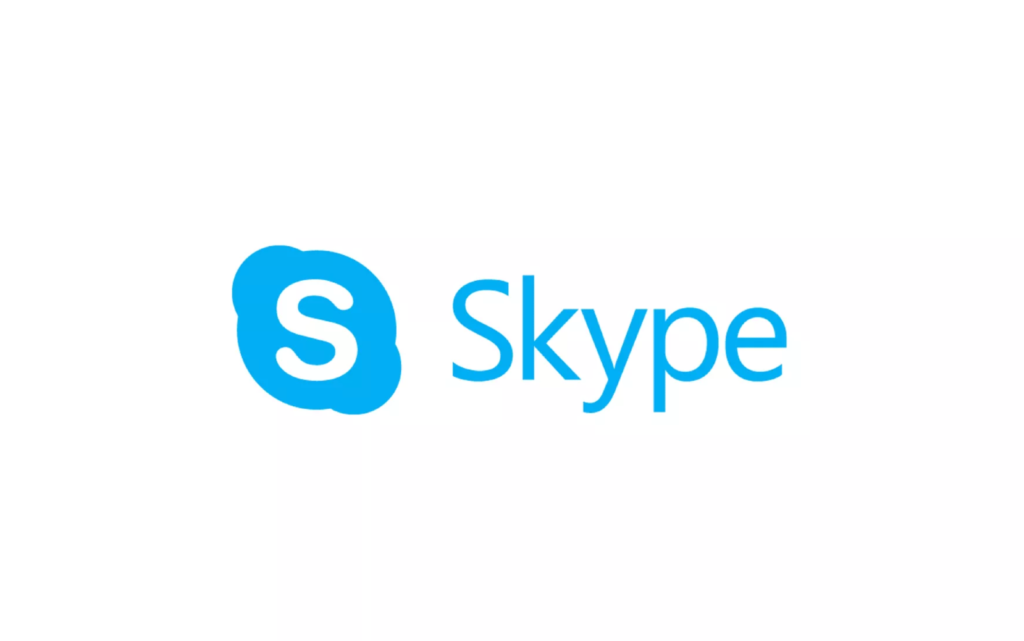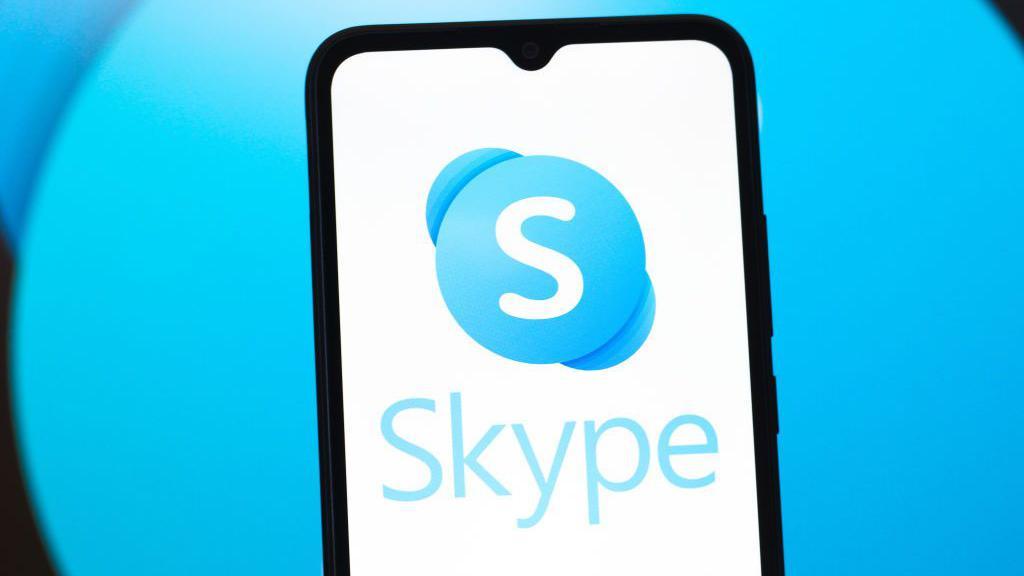Skype’s Legacy: Entrepreneurial Lessons from a Communication Pioneer

Skype’s Legacy: Entrepreneurial Lessons from a Communication Pioneer. In 2003, a small European startup introduced a technology that would revolutionize global communication. Skype, founded by Niklas Zennström and Janus Friis, emerged as a pioneer in Voice over Internet Protocol (VoIP), enabling users worldwide to make voice and video calls over the internet. Its journey from a disruptive newcomer to a household name offers invaluable insights for entrepreneurs navigating the complexities of building and sustaining a successful brand.
Innovative Disruption: Identifying and Filling a Market Gap
At the dawn of the 21st century, international communication was often expensive and inaccessible. Recognizing this, Skype introduced a free, user-friendly platform that leveraged peer-to-peer technology to facilitate voice calls over the internet. This innovation not only addressed a significant market need but also democratized communication, allowing people to connect globally without prohibitive costs.
Entrepreneurial Insight: Identifying an underserved market and introducing a disruptive solution can position a startup as a leader in its industry.

Strategic Partnerships: Amplifying Reach and Capabilities
In 2005, eBay acquired Skype for $2.6 billion, aiming to integrate voice communication into its online marketplace. While the synergy was not fully realized, this partnership provided Skype with substantial resources and expanded its global footprint. Subsequent ownership changes, including acquisition by Microsoft in 2011 for $8.5 billion, further integrated Skype into broader technological ecosystems, enhancing its service offerings and market presence.
Entrepreneurial Insight: Forming strategic partnerships can provide access to new resources, markets, and technologies, facilitating accelerated growth.
Adaptability: Evolving with Technological Advancements
Skype continually adapted to the evolving tech landscape. In 2006, it introduced video calling, aligning with increasing internet speeds and user demand for richer communication experiences. The launch of mobile applications for iOS and Android platforms in 2009 and 2010 respectively, ensured Skype remained relevant as users migrated to mobile devices.
Entrepreneurial Insight: Staying attuned to technological trends and being willing to pivot or expand services is crucial for maintaining relevance in a dynamic market.

Challenges and Resilience: Navigating Competitive Pressures
Despite its early success, Skype faced mounting competition from platforms like Zoom, WhatsApp, and Microsoft Teams. These competitors offered integrated services and, in some cases, superior user experiences. Microsoft’s acquisition led to strategic shifts, with resources increasingly allocated to Teams, especially during the COVID-19 pandemic when remote collaboration tools became essential. This strategic realignment culminated in the announcement that Skype would be retired in May 2025, with users encouraged to transition to Microsoft Teams.
Entrepreneurial Insight: Continuous innovation and a clear value proposition are vital to withstand competitive pressures. Entrepreneurs must be vigilant and proactive in evolving their offerings to meet changing market demands.
Legacy and Lessons: Building a Sustainable Brand
Skype’s impact on global communication is undeniable. It introduced millions to the possibilities of internet-based voice and video communication, setting the stage for subsequent innovations in the space. Its journey underscores several key lessons for entrepreneurs:
- Innovate with Purpose: Addressing a genuine market need with a novel solution can establish a strong foundation for success.
- Forge Strategic Alliances: Collaborations can enhance capabilities and extend market reach, but alignment of vision and objectives is crucial.
- Embrace Change: The ability to adapt to technological advancements and shifting consumer preferences is essential for longevity.
- Maintain a Unique Value Proposition: Differentiation is key in a crowded marketplace. Continuously articulating and delivering unique value helps retain customer loyalty.

As entrepreneurs chart their paths, the story of Skype serves as both inspiration and a cautionary tale. Its rise and evolution highlight the importance of innovation, strategic growth, and adaptability in building a brand that not only achieves success but also leaves a lasting legacy in its industry.




